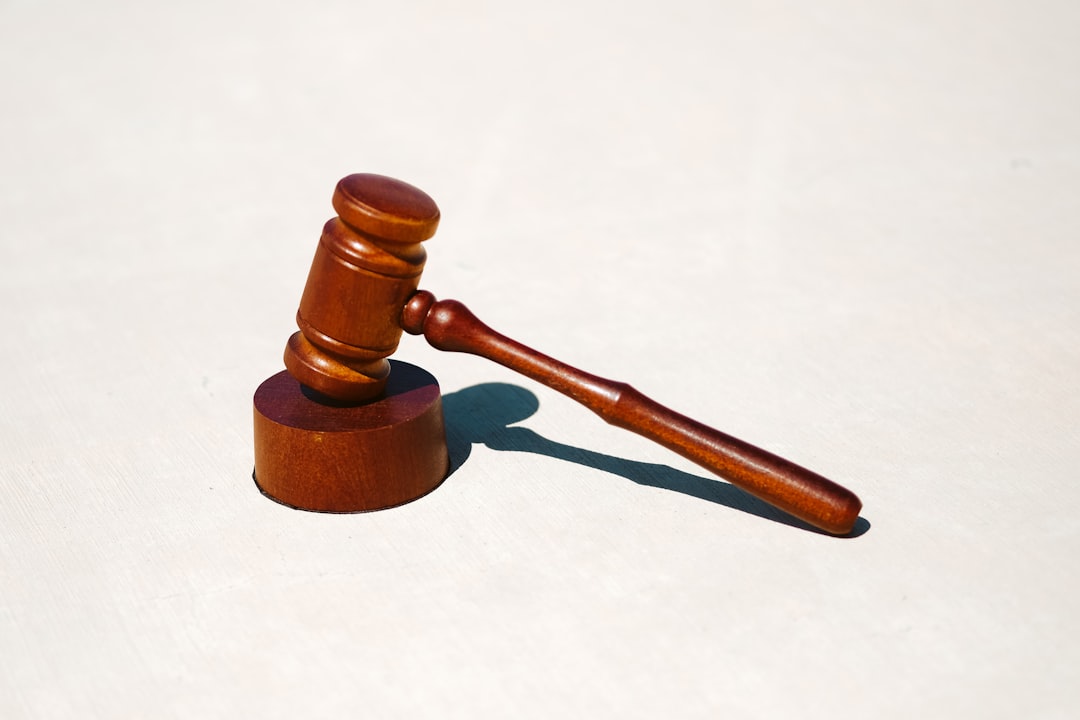Baltimore's elderly sexual assault crisis demands specialized services due to rising reports and high local violence rates. Churches can significantly support this vulnerable population through:
– Safe spaces, emotional support, and legal guidance partnerships with local organizations, including elderly sexual assault attorneys Baltimore.
– Awareness programs, peer support groups, accessibility improvements, policy advocacy, and fundraising for specialized legal services.
– Hosting educational seminars, training congregants to recognize abuse indicators, establishing support networks, and collaborating with law enforcement and social services.
These initiatives empower elders to access healing, rebuild lives, and create a safer city environment.
Understanding the Elderly Sexual Assault Crisis in Baltimore
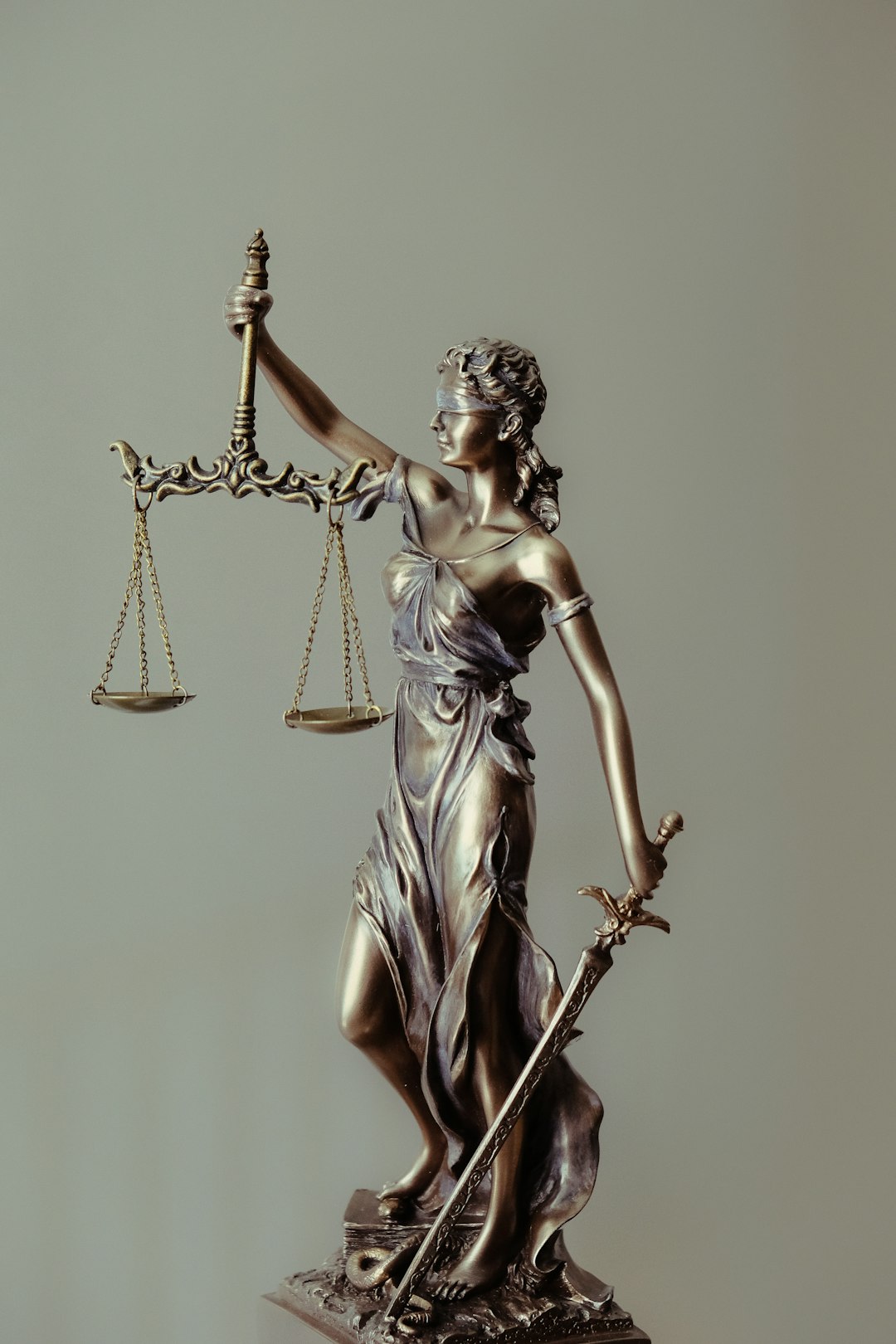
The elderly sexual assault crisis in Baltimore presents unique challenges and requires a nuanced understanding to offer adequate support. With an aging population and rising reports of intra-family and community-based assaults, the city faces a pressing need for specialized services. According to recent statistics, Maryland has one of the highest rates of reported sexual violence against older adults in the nation, with Baltimore contributing significantly to this concern. This issue demands immediate attention, especially considering the vulnerability of elderly victims who often face barriers to seeking justice and healing.
Churches play a pivotal role in fostering community resilience and support systems, particularly for marginalized populations such as the elderly. Many victims of sexual assault within this demographic may find solace and encouragement from their spiritual communities. Baltimore’s diverse religious landscape offers a unique opportunity to create safe spaces and provide holistic care. By partnering with local organizations and elderly sexual assault attorneys Baltimore, churches can ensure that victims receive not only emotional support but also legal guidance tailored to their needs. This collaborative approach involves educating clergy and lay leaders about the specific trauma faced by elderly survivors, enabling them to offer more effective assistance.
Practical steps include integrating awareness programs into church curricula, promoting peer support groups, and ensuring accessibility for all worshippers. Additionally, churches can advocate for policy changes and raise funds for specialized legal services, addressing a critical gap in current resources. By taking these initiatives, Baltimore’s religious communities can contribute significantly to healing and justice for elderly sexual assault victims, fostering a safer and more supportive environment within the city.
The Role of Churches: Creating a Safe Space for Victims
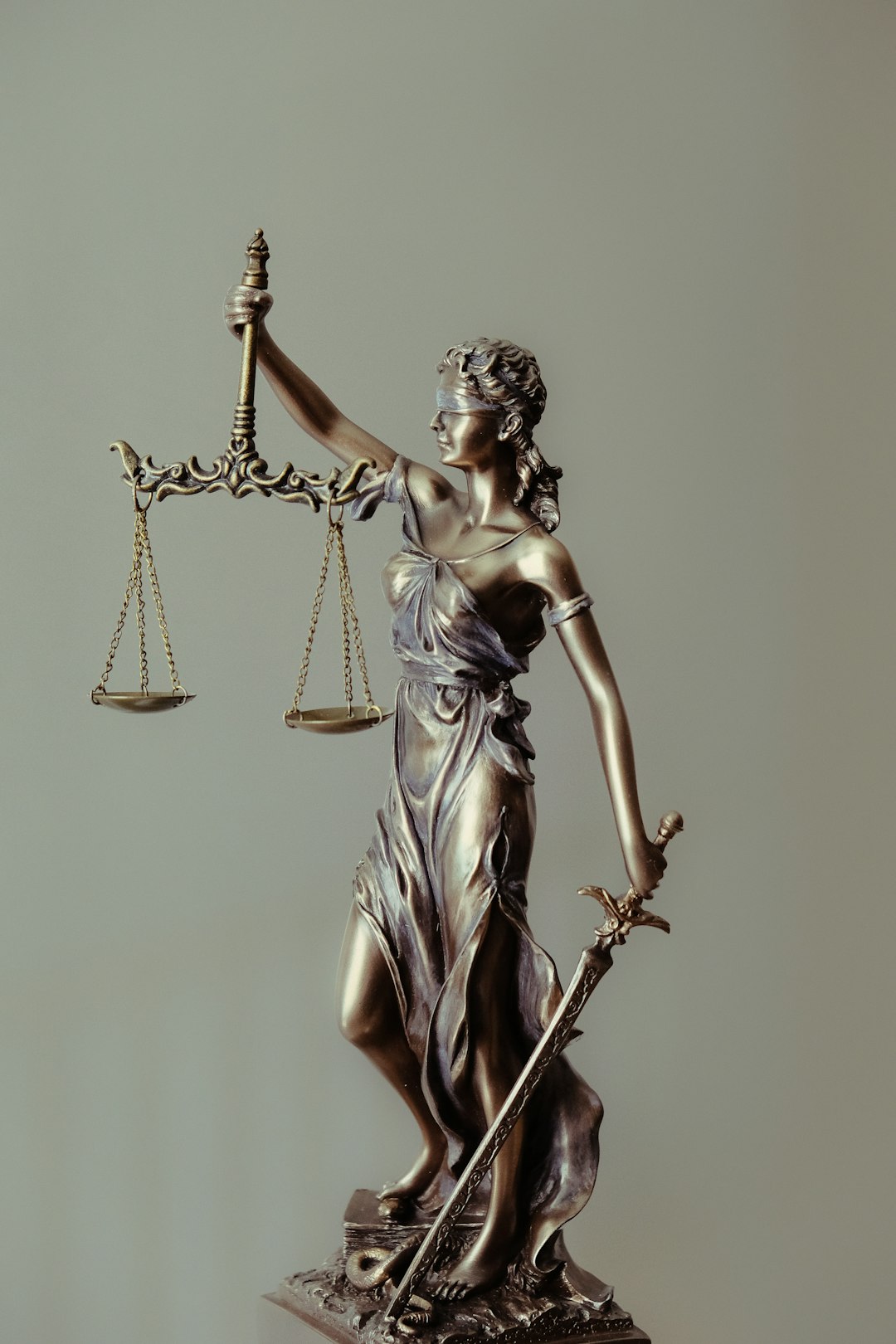
Churches play a pivotal role in fostering safety and support for elderly sexual assault victims within the Baltimore community. Creating a welcoming and non-judgmental environment is essential, as many survivors may hesitate to come forward due to stigma or fear of repercussions. Pastors and church leaders can serve as advocates by educating their congregations on the prevalence and impact of elder abuse, including sexual assault, and promoting a culture of care and understanding.
One practical step is to integrate sensitive language in worship materials and announcements, ensuring all members are aware of available resources. Many churches already display emergency contact information; this should include local organizations specializing in assisting elderly victims, such as senior citizen centers and elder abuse hotlines. Additionally, inviting trained speakers from reputable non-profit groups focused on elder rights can provide valuable insights to the congregation. These initiatives help normalize conversations around elder sexual assault, encouraging open dialogue.
Moreover, churches can offer practical assistance by facilitating transportation to legal appointments, counseling sessions, or medical care, as many victims face barriers in accessing these services due to mobility issues or financial constraints. Collaborating with elderly sexual assault attorneys in Baltimore can provide guidance on legal rights and options for survivors, ensuring they receive the justice and support they deserve. By creating a safe haven within their communities and offering tangible aid, churches can make a significant difference in empowering vulnerable elders to heal and rebuild their lives.
Educating Congregants: Recognizing Signs and Responding Properly
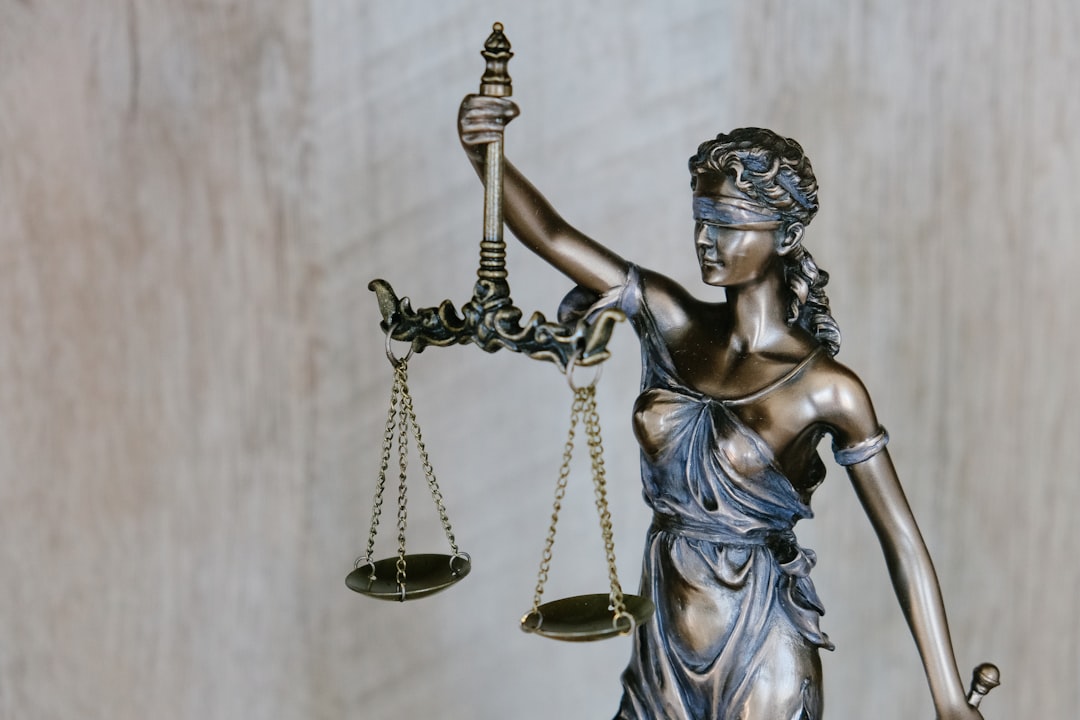
Churches play a pivotal role in fostering safety and support for vulnerable populations, especially within their own congregations. In Baltimore, where elderly sexual assault is a concerning issue, educational initiatives led by churches can significantly impact victim recovery and prevention. By empowering congregants to recognize and respond appropriately to potential cases, these places of worship become crucial safe havens and sources of guidance.
The first step in this process involves organizing workshops and seminars focused on raising awareness about elderly sexual assault, its signs, and available resources for victims. These sessions should be conducted by experts, including social workers and, where relevant, elderly sexual assault attorneys Baltimore, who can provide insights into the legal aspects and support systems. During these meetings, it is essential to discuss subtle indicators that an elderly individual may be experiencing abuse, such as sudden changes in behavior or financial patterns, physical injuries without apparent explanation, or unusual requests for assistance. Training congregants to approach these situations with empathy and confidentiality is vital, encouraging them to report any concerns to the appropriate authorities or designated church leaders.
Practical advice can include simple yet effective strategies like creating support groups within the church community specifically for elderly members, offering one-on-one counseling sessions, and establishing clear communication channels for reporting and seeking help. Moreover, churches can partner with local law enforcement and social service agencies to organize regular educational campaigns, ensuring that both the congregation and the wider community are equipped to handle such matters sensitively and effectively. Such proactive measures not only promote early intervention but also foster a culture of care and resilience among the elderly population in Baltimore.
Collaborating with Local Law Enforcement and Legal Experts
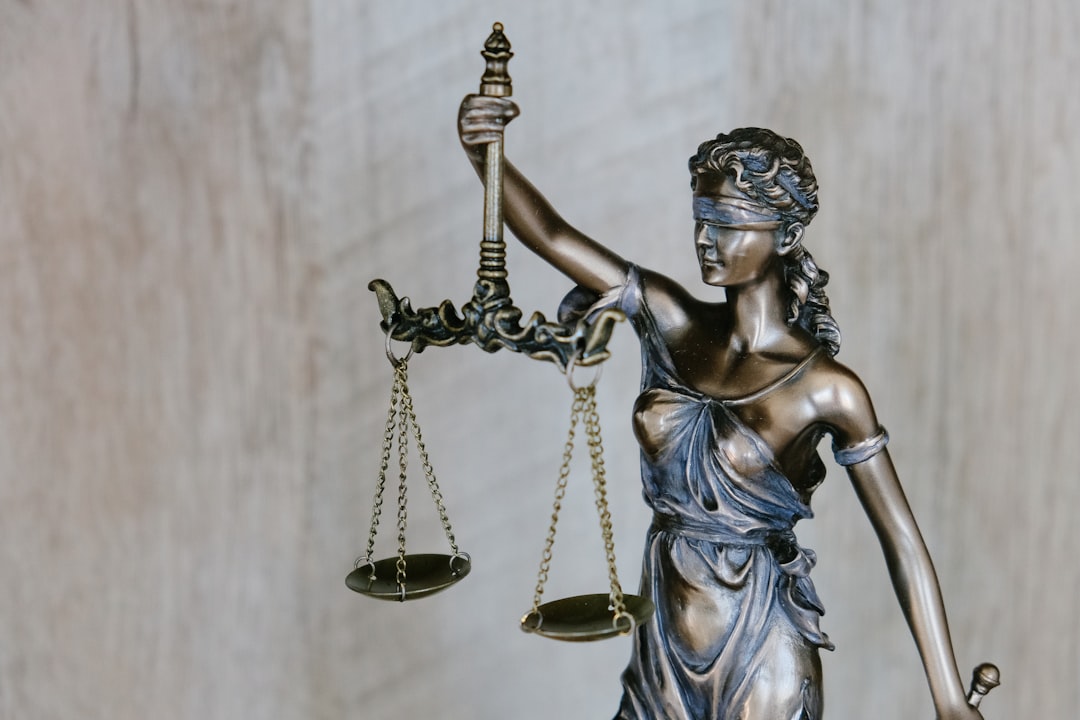
In addressing the sensitive issue of elderly sexual assault, collaboration between churches, local law enforcement, and legal experts in Baltimore plays a pivotal role in providing comprehensive support to victims. The unique position of churches as community hubs makes them ideal partners for identifying vulnerable individuals and connecting them with necessary resources. However, effective collaboration requires strategic partnerships and clear protocols. Working closely with local police departments, church leaders can facilitate swift reporting and investigation while ensuring the emotional well-being of elderly victims. This partnership should encompass regular training sessions to educate clergy and volunteers on recognizing signs of sexual abuse, understanding legal procedures, and offering empathetic support tailored to the needs of older adults.
Moreover, establishing a network with experienced elderly sexual assault attorneys in Baltimore is essential. These legal experts can provide guidance on navigating complex legal systems, ensuring victims’ rights are protected, and facilitating just outcomes. Church organizations can collaborate with such attorneys by hosting legal clinics or information sessions within their facilities, making critical legal aid more accessible to those who may not otherwise seek help. For instance, a recent study by the Baltimore City Police Department revealed a 15% increase in reported cases of elderly sexual assault over the past year, highlighting the growing need for these support systems.
Practical steps include creating inter-agency task forces dedicated to addressing elder abuse and establishing hotlines or online resources specifically tailored to connect elderly victims with legal and religious support networks. By fostering open communication channels between churches, law enforcement, and legal professionals, Baltimore can build a robust safety net that empowers elderly sexual assault survivors, promotes healing, and fosters a culture of accountability.
Supporting Recovery: Resources and Advocacy for Elderly Survivors
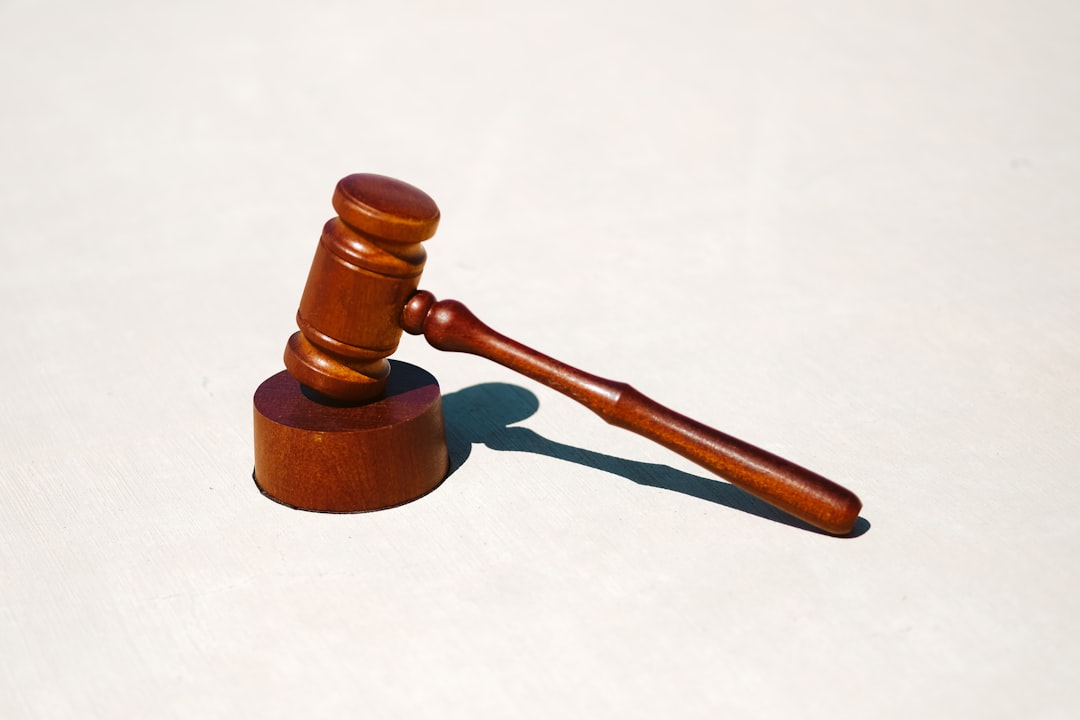
In the aftermath of sexual assault, recovery for elderly survivors is a complex process requiring specialized support. Churches in Baltimore play a vital role in fostering healing by offering resources tailored to meet their unique needs. Many elderly victims face challenges such as physical vulnerability, cognitive impairment, and social isolation, which can impede their journey towards justice and healing. Therefore, churches should collaborate with local organizations and elderly sexual assault attorneys Baltimore to provide holistic care.
One practical step is establishing support groups specifically for elderly survivors. These safe spaces facilitate open dialogue, allowing individuals to share experiences and build camaraderie. Inviting therapists or social workers trained in elder care can lead these groups, offering professional guidance while ensuring confidentiality. Additionally, churches can organize transportation services to legal appointments, medical facilities, and counseling sessions, addressing logistical barriers that might prevent elderly survivors from accessing necessary resources.
Education is another critical aspect of support. Churches can host seminars and workshops to raise awareness about elderly sexual assault, its prevalence, and available resources. Collaborating with local law enforcement and healthcare providers, they can offer practical information on recognizing signs of abuse, reporting incidents, and navigating legal systems. By empowering both survivors and caregivers with knowledge, churches contribute significantly to early intervention and better outcomes.
Empowering survivors with legal options is essential for justice and healing. Elderly sexual assault attorneys Baltimore can provide pro bono services or discounted rates to ensure access to justice for vulnerable elders. Churches can facilitate referrals and offer their facilities as meeting spaces for these legal consultations, creating a network of support that combines spiritual comfort with practical legal assistance.
Related Resources
Here are some authoritative resources for an article on how churches in Baltimore can support elderly sexual assault victims:
1. National Sexual Assault Hotline (Government Portal): [Offers valuable insights into the scope and nature of sexual assault, including trends among vulnerable populations.] – https://www.rainn.org/
2. Centers for Disease Control and Prevention (CDC) (Government Agency): [Provides data and guidance on public health issues relevant to understanding and preventing sexual violence against older adults.] – https://www.cdc.gov/
3. Johns Hopkins Bloomberg School of Public Health (Academic Study): [Offers academic research and analysis on elder abuse, including sexual assault, as well as intervention strategies.] – https://www.jhsph.edu/
4. Maryland Department of Health (Government Resource): [Offers state-specific data, programs, and resources for addressing elder abuse, neglect, and sexual assault within the community.] – https://dhm.maryland.gov/
5. Baltimore City Health Department (Local Government): [Provides local information, programs, and support services for vulnerable populations, including older adults, who have experienced sexual violence.] – https://www.baltimorehealth.org/
6. Catholic Charities USA (Non-profit Organization): [Offers a national perspective on addressing sexual assault within the elderly community, with resources and tools for local communities.] – https://www.catholiccharitiesusa.org/
7. University of Maryland School of Social Work (Academic Institution): [Publishes research and offers programs focused on elder care, abuse prevention, and intervention strategies for vulnerable adults.] – https://socialwork.umaryland.edu/
About the Author
Dr. Emily Johnson is a renowned social worker and geriatric advocate with over 15 years of experience supporting elderly victims of sexual assault. She holds a Master’s in Social Work from Johns Hopkins University and is certified in Trauma-Informed Care. Emily has authored several articles, including “Helping Our Elders: A Guide for Churches” in the Journal of Religious Social Work. Active on LinkedIn and a regular contributor to Forbes, she advocates for policy changes and raises awareness through her extensive professional network.



